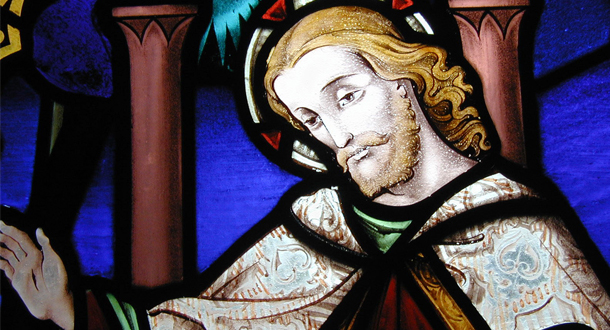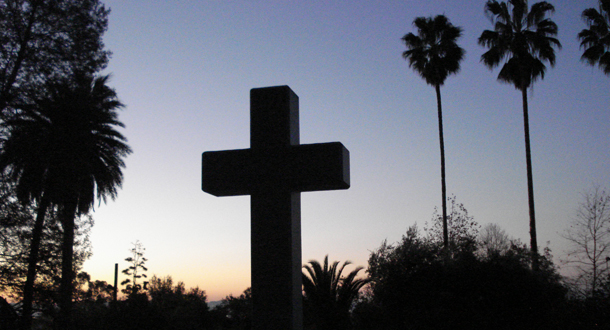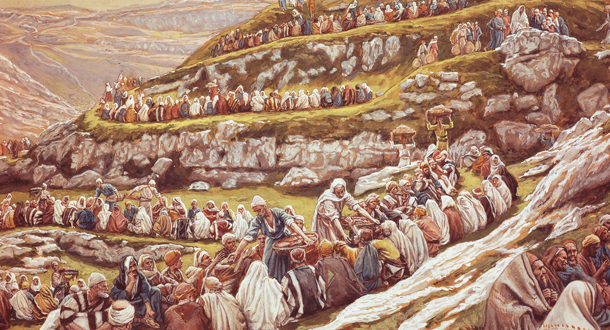
Scripture:
2 Kings 17:5-8, 13-15a, 18
Matthew 7:1-5
Reflection:
At times when I get frustrated with politics and politicians, I find myself daydreaming about testifying to Congress and giving them a good scolding about what I perceive that they are doing and not doing. If that ever came to pass, a good thing for me to do would be to read them our Gospel reading for today. In that reading, Jesus says, “Why do you notice the splinter in your brother’s [or sister’s] eye, but do not perceive the wooden beam in your own eye? How can you say to your brother [or sister], ‘Let me remove that splinter from your eye,’ while the wooden beam is in your eye? You hypocrite, remove the wooden beam from your eye first; then you will see clearly to remove the splinter from your brother’s [or sister’s] eye.” It seems that there are a whole lot of people with wooden beams in their eyes talking about the splinters in the eyes of others.
Of course, the problem with scolding others about that sort of thing is that I would be guilty of the very thing I am accusing them! Jesus calls us to humility about our sinfulness. When we recognize our own sin, we become more understanding of our fellow sinners.
A result of removing the wooden beam from our own eye before helping remove the splinter from the eye of another is that when we see clearly, we may see that the splinter we thought we saw was not there at all. Or it may be that we see something entirely different that gets in the way of our brother or sister. For example, because of my being judgmental, I may take your shyness as snobbery. But if I let go of that, I may see that you don’t need to be taken down a notch, but that instead you need to be lifted up. It’s amazing what can happen when we see clearly!
May God give us the grace to acknowledge our own sin, and see clearly enough to help one another!
Fr. Phil Paxton, C.P., is the local superior of the Passionist Community in Birmingham, Alabama.







